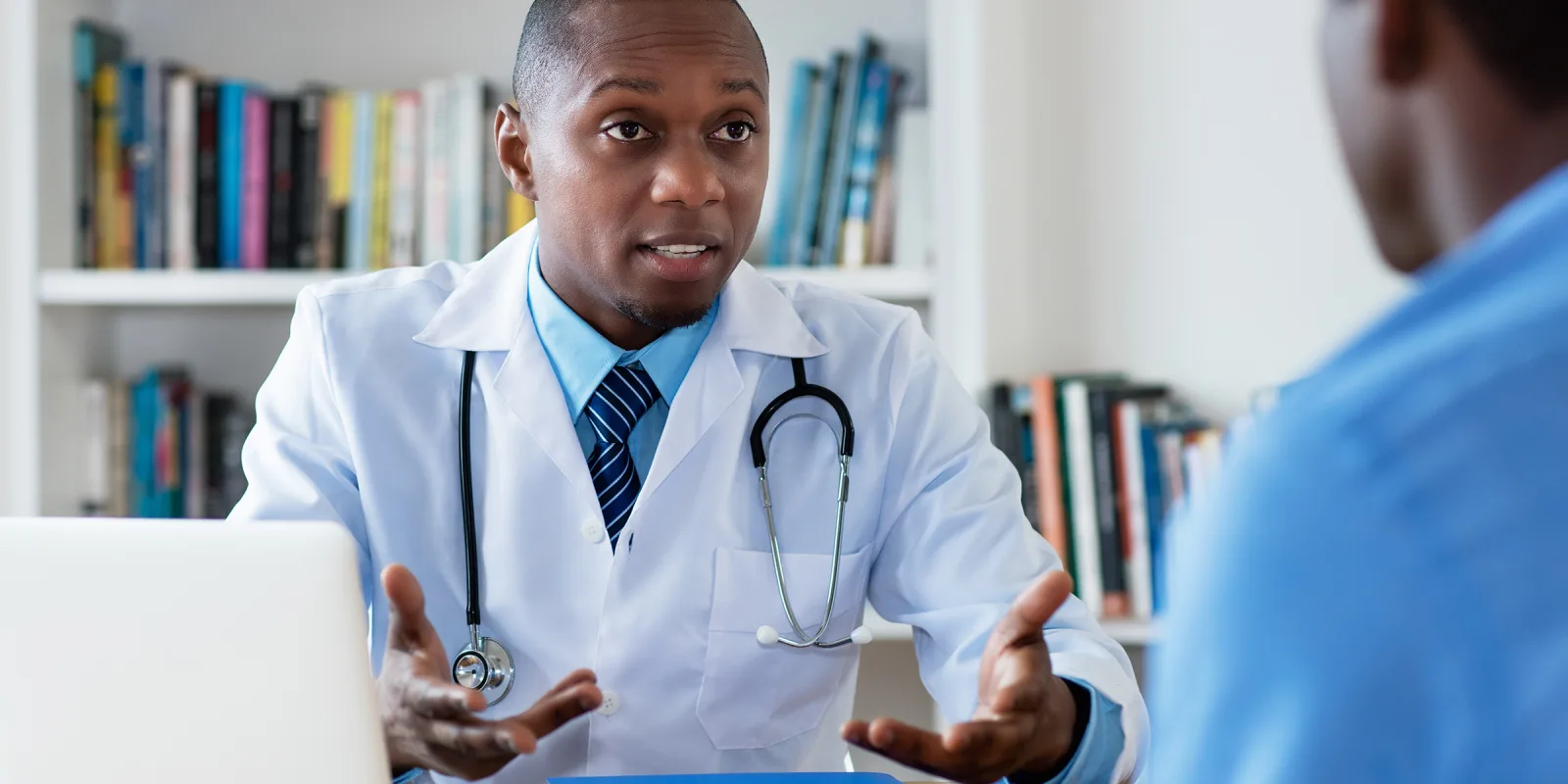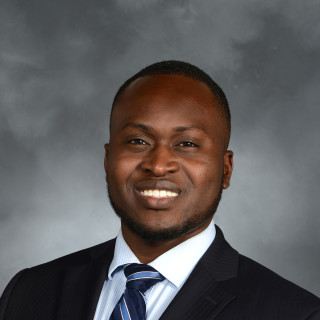When some individuals meet, there is an effortless rhythm and flow to the exchange. This rhythm can manifest in the unspoken word of a silent head nod or the unrehearsed coordination of giving of “dap.” It is the easy cadence of conversation derived from the shared experience of being Black in America. It was this same rhythm that set the vibe as I entered my patient’s room for the first time.
My patient was an elite high school basketball player with aspirations for college hoops and beyond. A cursory glance revealed an athletically built young man with enough height to support this dream. But while he carried the physique of a grown adult, his countenance retained the fear of a child. Understandably so. This was, after all, the doctor’s office.
As I entered the room, the patient’s father looked up at me with an initial look of surprise. His surprise did not surprise me though. I had seen this look of shock countless times. It was the look inherent to never having been treated by a physician who looked like him. It was a sense of shock at the prospect of his son’s knee injury being treated by another Black man. A rare event indeed, considering the underrepresentation of Black physicians relative to the population. The degree of underrepresentation widens dramatically for Black orthopaedic surgeons, and further still when one considers surgeons with fellowship training in sports medicine.
“What’s going on, my brother?” the patient’s father said with an air of familiarity, despite having never met me before.
“Chillin’ bruh,” I responded in my standard fashion. As the pleasantries of the introduction dispersed, the father’s initial expression of surprise transitioned to one of relief and then comfort.
Turning to my patient, I extended the right hand of fellowship to him. “So, are you nice?” I asked him, in the common understated vernacular, to ascertain his level of talent. He gave me a subtle, confident nod confirming that he was, a response that his father enthusiastically co-signed. The situation was unfortunate. He had been playing pickup basketball and landed awkwardly on his knee after grabbing a rebound. The knee had immediately swollen and felt unstable since then. There was more diagnostic testing needed for confirmation, but it was already clear to me what had happened.
There would be much to discuss. Eventually, I would inform the patient and his father that the young man had sustained a tear to the ACL. Eventually, we would discuss the intricate details of reconstructive surgery, which would be necessary to restore his knee stability. In the absence of said knee stability, his aforementioned athletic aspirations were unlikely to come to pass. We would eventually discuss the intensive 12-month rehabilitation process to follow surgery; how we would need to remind his body how to walk like it did before; how to run; and then how to jump. And then, and only then, would he return to crossing over and dunking on his opponents.
But those were all conversations for the future. At that moment, there was just an injured young man, his concerned father, and me. As his father’s concern transitioned to confidence, my patient’s demeanor followed suit. In that moment, familiarity was found in the unfamiliar, because there is an effortless rhythm and flow to the exchange when some individuals meet. And because sometimes a head nod is more than a head nod. Sometimes the cadence of a handshake is the beginning of a therapeutic alliance.
“I’m Doctor Owusu-Akyaw,” I said. “And we are going to get through this together.”
How have your experiences shaped your approach to patient care?
Kwadwo Adu Owusu-Akyaw, MD, is an orthopaedic surgeon with fellowship training in sports medicine. You can follow Dr. Owusu-Akyaw on Instagram at dr.o_forthe804.






